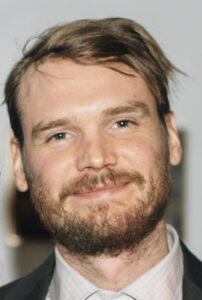TRN162Y1: Political Economy and Social Inequality
COURSE DESCRIPTION
This course explores the topic of social inequality through the history of political economic thought. In the first semester, we look at the economic ideas of foundational thinkers. We will explore the developments in economic theory and how they correspond to the kinds of social inequality that exist across different forms of society. One of our goals is understanding our own society better by comparing and contrasting it to past societies. We study ancient and medieval thinkers, like Aristotle and Aquinas, as well as early modern thinkers like Hobbes and Locke. We also explore classical political economy and its critics, including Smith, Ricardo, Marx, and Walras. In the second semester, we study specific topics, including the relation between capitalism and democracy; debates about markets and planning; globalization and the future of work; and an extended unit on debates about social equality and inequality. The assignments include essays, seminar presentations, and participation.
Breadth Requirements: 0.5 FCE 2) Thought, Belief and Behaviour + 0.5 FCE 3) Society and Its Institutions
HOW WILL I BE EVALUATED?
All assignments in TRN162Y1 will require critical thinking and engaging with the views of others. These assignments might include reflective essays about course readings, longer research essays about policy issues and their philosophical justifications, and class presentations and seminar discussions. Participation in this course is weighted heavily.
Note: Assignments can vary year to year.
WHAT WILL I GAIN FROM THIS COURSE?
Students will learn how to situate a society’s economic institutions within their broader political context, and study how economic outcomes interact with broader policies relating to, for example, health, equality, social mobility and well-being. We will analyze empirical results while developing critical skills for interpreting economic data and research.
FREQUENTLY ASKED QUESTIONS
2023-2024 COURSE INSTRUCTOR
|
Email: xavier.scott@utoronto.ca Professor Xavier Scott earned his PhD in philosophy from York University. He has a passion for teaching political theory with a focus on social justice issues. His research critiques colonial constitutional orders and legal norms for violating principles of justice and aims to promote reconciliation with Indigenous Peoples. |


